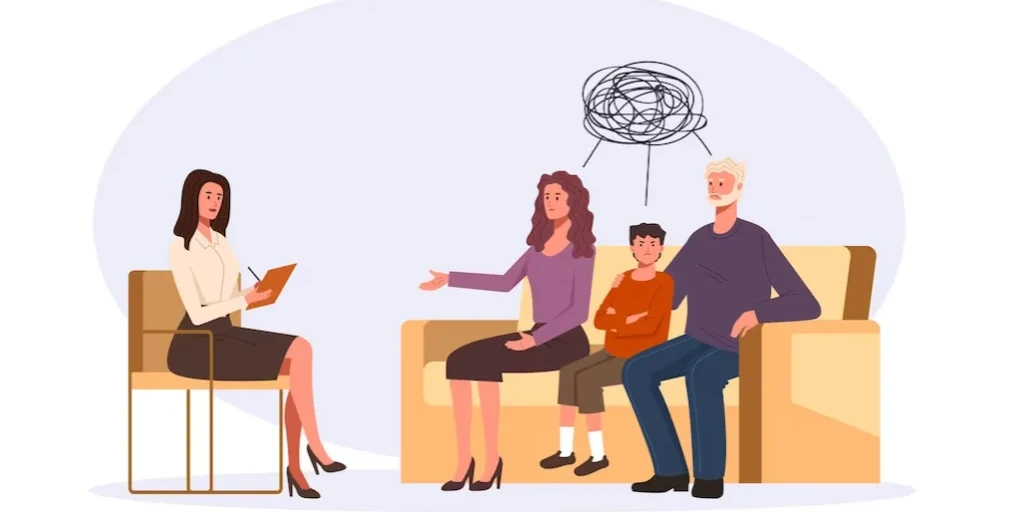24/7 Helpline:
(866) 899-221924/7 Helpline:
(866) 899-2219
Learn more about Eating Disorder Treatment centers in Green River
Eating Disorder Treatment in Other Cities

Other Insurance Options

Medical Mutual of Ohio

Group Health Incorporated

Meritain

State Farm

GEHA

Choice Care Network

Oxford

AllWell

MHNNet Behavioral Health

UnitedHealth Group

Molina Healthcare

Ceridian

Optima

American Behavioral

Holman Group

Self-pay options

Absolute Total Care

Amerigroup

Optum

BHS | Behavioral Health Systems

Four Corners Behavioral Health
Four Corners Behavioral Health is a public rehab located in Green River, Utah. Four Corners Behavior...

Southwest Counseling Service
Southwest Counseling Service is a comprehensive community mental health center that has been providi...






































































Four Corners Behavioral Health
Four Corners Behavioral Health is a private rehab located in Castle Dale, Utah. Four Corners Behavio...











